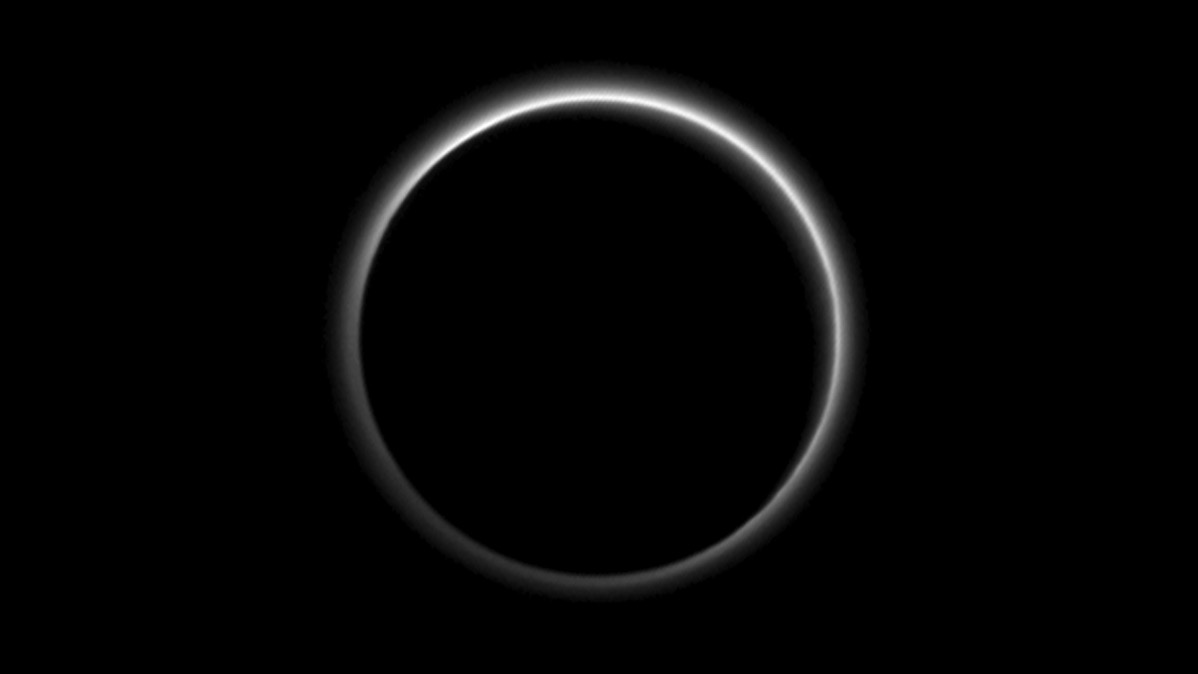1. Talking to Alan
I made the mistake, years ago, of telling Alan that I had explained to a roomful of fourth graders that it probably made sense that Pluto’s status as a planet was revoked. It made sense, I told them, because we now know that there are other bodies beyond Pluto, some larger than Pluto itself, orbiting the Sun in the dark, distant recesses of our solar system. I told them that Pluto is one of that vast group.
I said all this to Alan who was sitting across the dining room table from me. The words had barely left my mouth when his characteristic grin went grim. And his son who was also at the table almost jumped and with a startled look on his face turned to look at his father, waiting to see his reaction.
There was no particular reaction. Alan smiled (although as I recall it, his eyes had widened a bit), and he patiently said, “I’ll have to explain it to you sometime, Dave, when we have more time.”
2. Listening to Alan
Last Friday, Alan sat before the cameras, as he has been for a week, now. He and the New Horizons science team were talking to the press about the things they had learned that day from the most recent images from New Horizons.
They were all science in that press conference. Talking about methane ice and nitrogen ice and carbon monoxide ice. About flowing glaciers of nitrogen. About ice mountains and in-filled craters. About Sputnik Planum and Hillary Montes and Norway Montes. About Pluto’s atmosphere extending out 100 miles from the surface.

Image: NASA/Johns Hopkins University Applied Physics Laboratory/Southwest Research Institute link
And then there was a question directed to Alan that brought up that word, planet. Here is what he said.
You know, there’s been this controversy where astronomers and planetary scientists have largely been on different sides of it. I think that you and the public just like we on the science team can pretty well tell what we’re dealing with.
[At this point, for a brief moment, his eyes sparkled and his mouth betrayed a smile. And then he continued…]
It’s very hard not to call an object like this with this level of complexity, an atmosphere, with potentially an internal ocean, certainly with complicated seasonal cycles, and certainly a big complicated system of moons … uh … a planet.
I think I just got that explanation he promised.